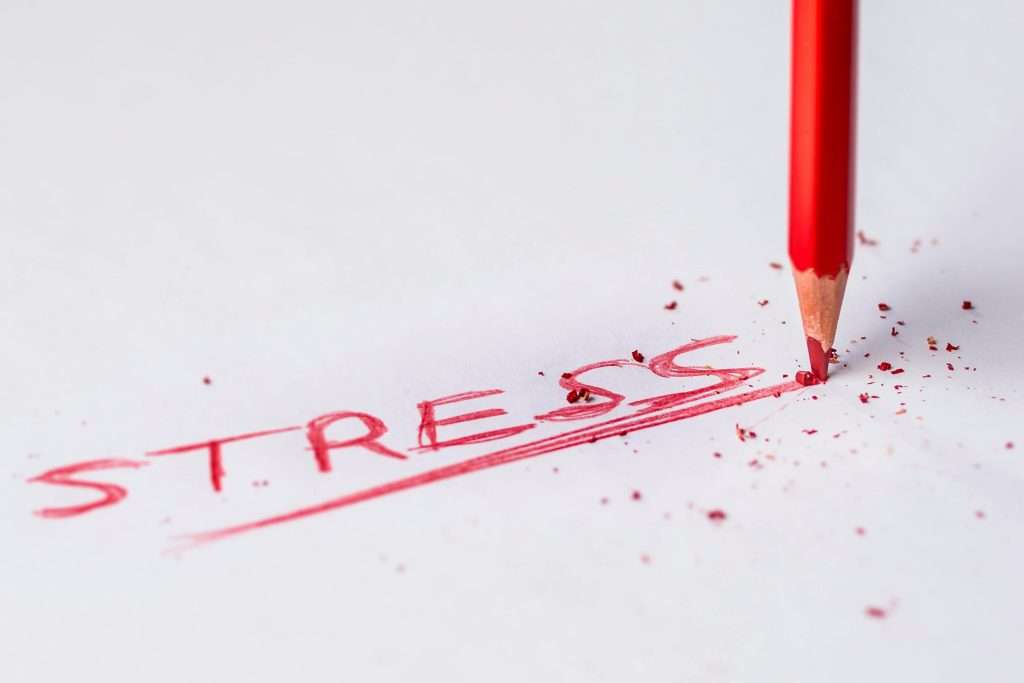
While stress is a natural aspect of life, excessive stress can affect various aspects of your well-being. In fact, 72% of American adults have encountered additional health issues from stress, such as changes in sleep patterns and appetite.
Fortunately, a way to redefine wellness is by recognizing the intricate connection between stress management and lifestyle choices.
This blog article delves into how minor adjustments in daily routines can pave the way to a more balanced and fulfilling life.
Stress can profoundly impact the body, affecting various systems and contributing to short-term and long-term health issues. Here are some ways stress can affect the body:
1. Nervous System: Stress triggers the “fight or flight” response, releasing stress hormones such as cortisol and adrenaline. This response can increase heart rate, elevate blood pressure, and sharpen the senses temporarily.
2. Respiratory System: Stress can result in rapid and shallow breathing. For individuals with respiratory conditions like asthma, stress may exacerbate symptoms.
3. Muscular System: Stress often leads to muscle tension and tightness, especially in the neck, shoulders, and back. Over time, chronic tension may contribute to headaches, migraines, and musculoskeletal issues.
4. Digestive System: Stress can affect the digestive system, leading to symptoms such as nausea, stomach cramps, and changes in bowel habits.
Chronic stress may contribute to Stress Belly, which refers to the phenomenon where individuals experiencing prolonged stress notice changes in their abdominal region, such as bloating, weight gain, or changes in fat distribution.
5. Reproductive System: Stress can impact reproductive health, affecting menstrual cycles in women and contributing to fertility issues. In men, stress may affect sperm production and motility.
6. Mental Health: Chronic stress is a significant risk factor for mental health disorders such as anxiety and depression. It can also contribute to cognitive difficulties and memory problems.
7. Sleep: Stress can disrupt sleep patterns, leading to difficulties falling or staying asleep. Poor sleep, in turn, can exacerbate stress levels, creating a cycle of sleep disturbance and increased stress.
Making lifestyle changes can significantly contribute to better stress management. Here are several effective strategies for stress management:
1. Regular Exercise: Engage in regular physical activity, such as walking, jogging, yoga, or swimming. There’s a strong connection between physical activity and mental health, as exercise helps release endorphins, which act as natural stress relievers.
2. Diet and Stress Management: Maintain a well-balanced diet with plenty of fruits, vegetables, whole grains, and lean proteins. Avoid excessive caffeine and sugar, which can increase stress and energy fluctuations.
3. Adequate Sleep: Prioritize quality sleep by establishing a consistent sleep routine. Aim for 7-9 hours of sleep per night to support overall well-being.
4. Mindfulness and Stress: Practice mindfulness meditation, deep breathing exercises, or progressive muscle relaxation to calm the mind and reduce stress.
5. Effective Time Management: Organize tasks, set realistic goals, and prioritize activities. Break larger tasks into smaller, manageable steps to avoid feeling overwhelmed.
6. Hobbies and Leisure Activities: Engage in activities you enjoy, whether reading, gardening, art, or sports. Pursuing hobbies can provide a healthy outlet for stress and contribute to overall life satisfaction.
Happy Hormone Cottage encourages you to follow the above mentioned tips for better well-being.
You can also take it a step further by benefiting from our adrenal health and stress support supplements to restore calm and build resilience.
Contact us today to get your questions answered.